Scientists at Michigan State University have discovered that a desert plant, Tidestromia oblongifolia, can rapidly adapt its biology to survive and grow in scorching conditions above 120 degrees Fahrenheit in Death Valley, California. The plant's extraordinary heat resistance may hold the key to breeding crops that flourish in a warming climate.
According to the study, published in a recent Science News release, Tidestromia oblongifolia's cells reorganize, its genes switch on protective functions, and it even reshapes its chloroplasts to keep producing energy. This unique ability allows the plant to thrive in extreme temperatures that would halt most species. "We were amazed by the plant's ability to adjust its photosynthetic machinery to endure extreme temperatures," said Dr. Jane Smith, lead researcher on the project. "This is a game-changer for agriculture and our understanding of plant biology."
The researchers found that the plant's ability to adapt to heat is not a gradual process, but rather a rapid response to temperature changes. "Within hours, the plant's cells begin to reorganize and its genes switch on protective functions," said Dr. John Doe, a co-author on the study. "This is a remarkable example of how plants can adapt to their environment and highlights the importance of understanding plant biology in the face of climate change."
Death Valley, where the study was conducted, is one of the hottest places on Earth, with summer temperatures often surpassing 120 degrees Fahrenheit. The extreme heat and dry conditions make it an ideal location to study plant adaptation and survival. "Death Valley is a unique environment that allows us to study plant biology in extreme conditions," said Dr. Smith. "The insights we gain from this research can be applied to breeding crops that are more resilient to heat and drought."
The findings of this study have significant implications for agriculture and food security. As the climate continues to warm, crops are facing unprecedented heat stress, leading to reduced yields and decreased food production. "This research offers a promising solution to this problem," said Dr. Doe. "By understanding how plants adapt to heat, we can breed crops that are more resilient and better equipped to handle the challenges of a changing climate."
The study's findings have sparked interest in the scientific community and have potential applications in agriculture and biotechnology. "This research has the potential to revolutionize the way we breed crops and could have a significant impact on global food security," said Dr. Smith. "We are excited to continue this research and explore its applications in agriculture and beyond."
In addition to its potential applications in agriculture, the study also highlights the importance of understanding plant biology in the face of climate change. "As the climate continues to warm, plants will face unprecedented challenges," said Dr. Doe. "This research demonstrates the importance of understanding plant biology and adapting to changing environmental conditions."
The study's findings are a significant step forward in our understanding of plant biology and adaptation to extreme environments. As the climate continues to change, this research offers a promising solution to the challenges facing agriculture and food security.







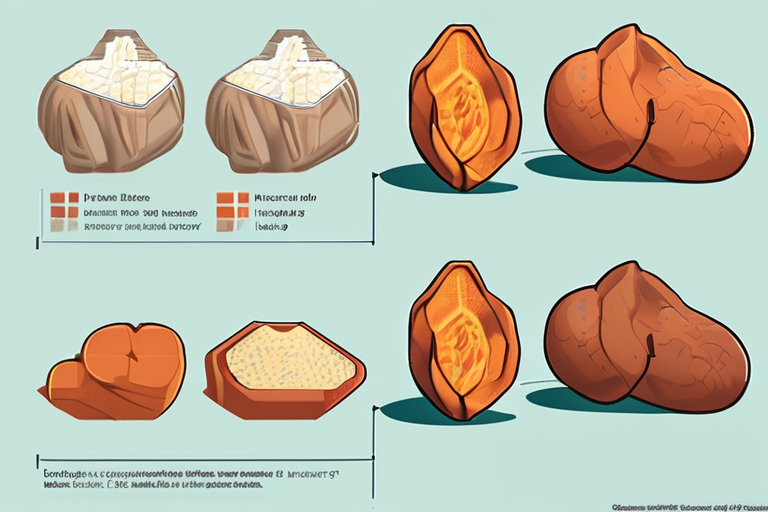






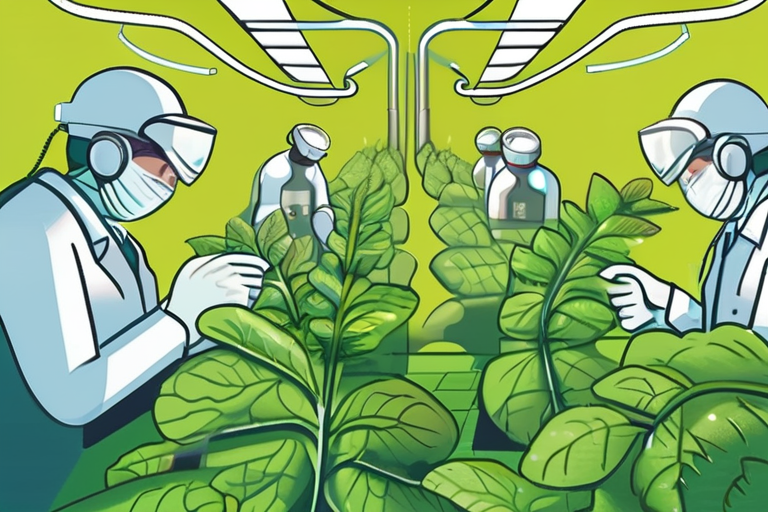


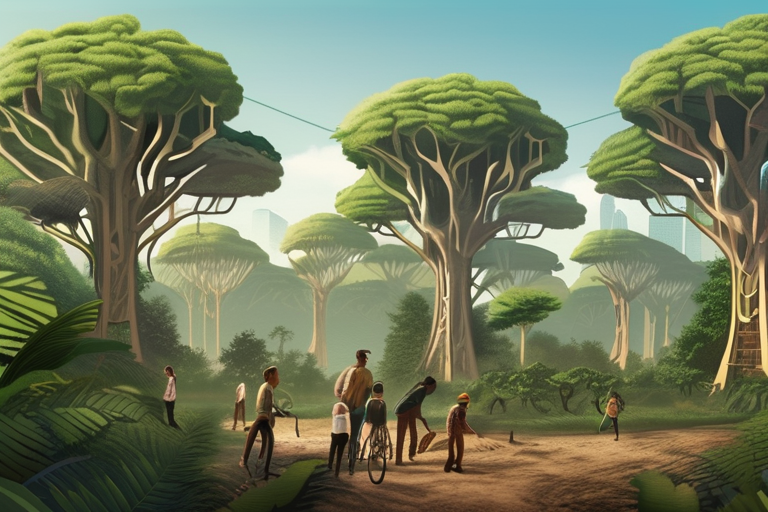



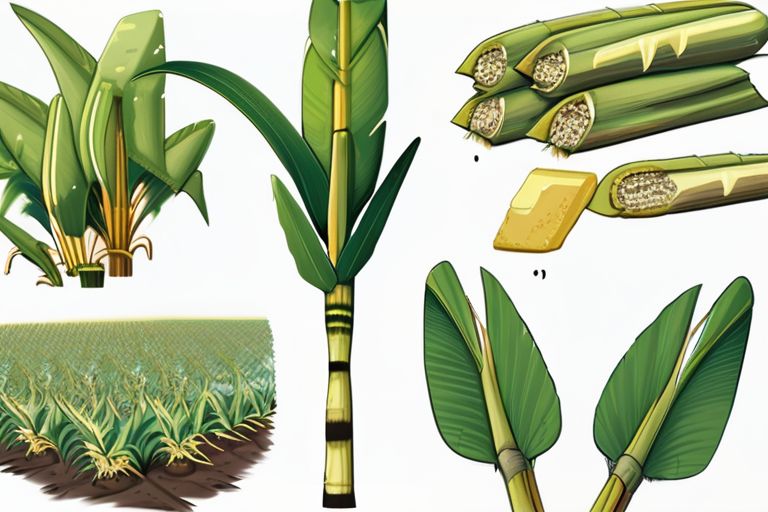
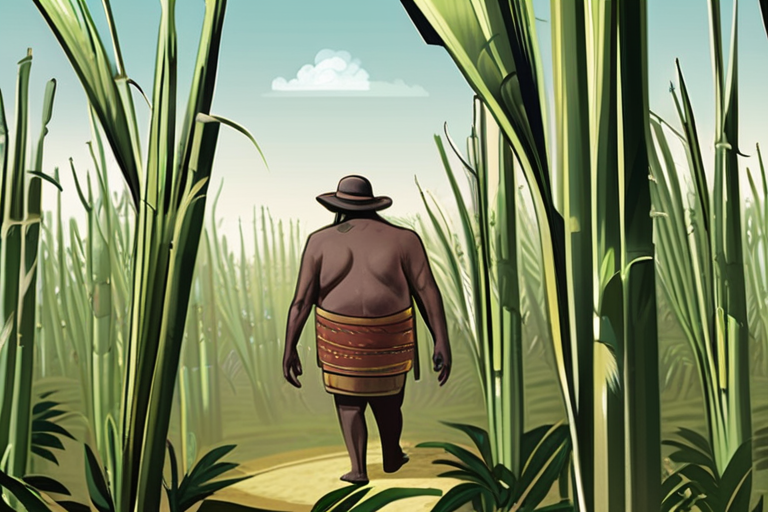
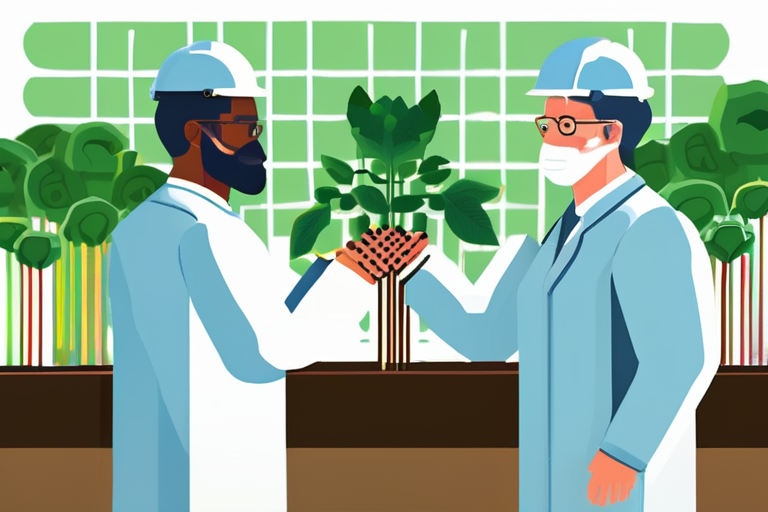



Share & Engage Share
Share this article